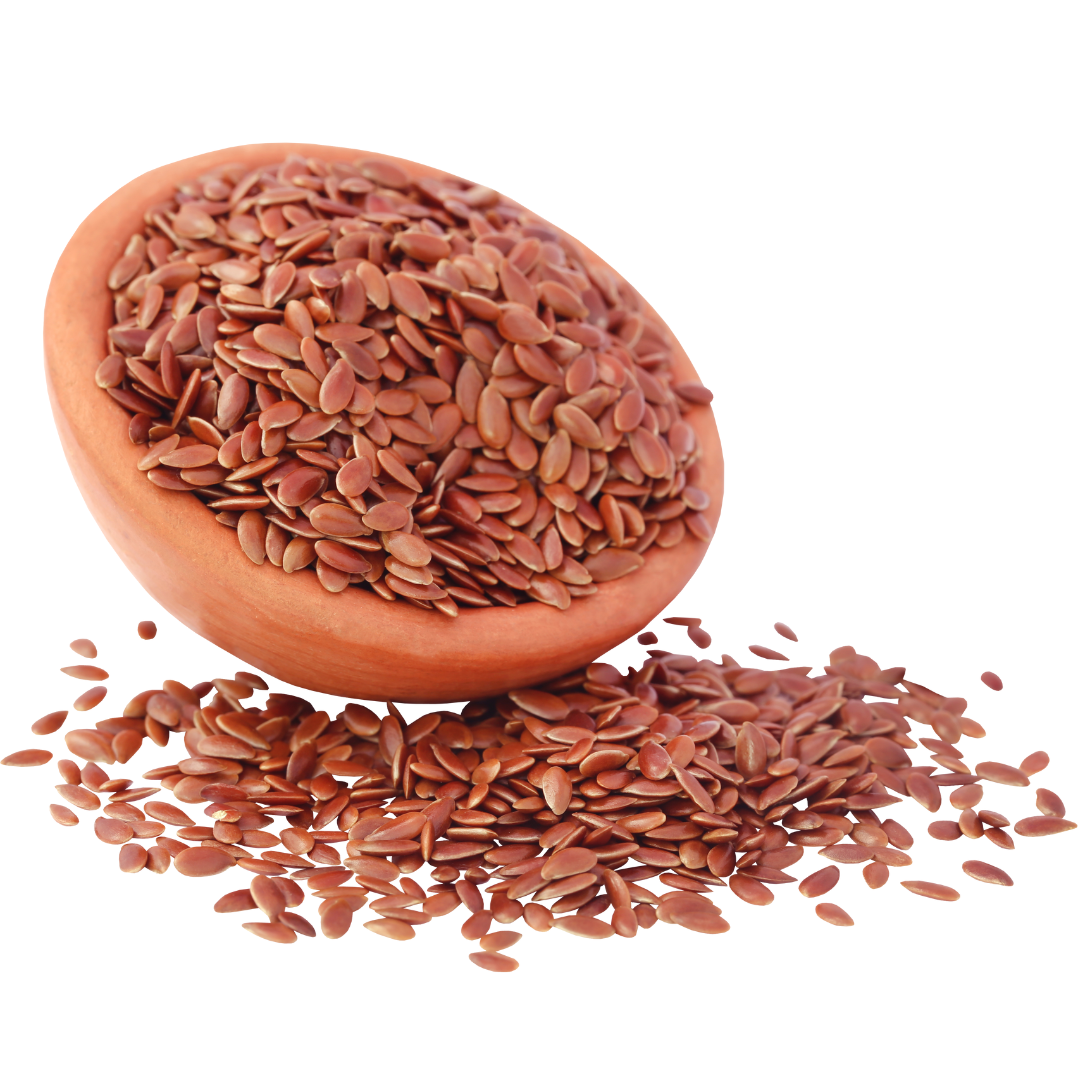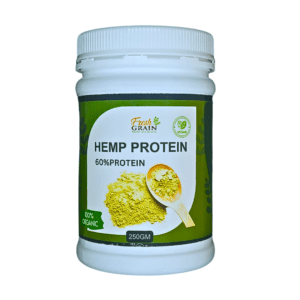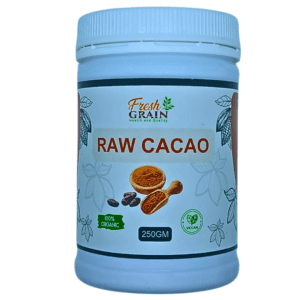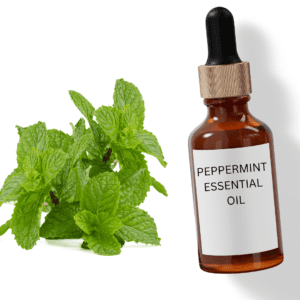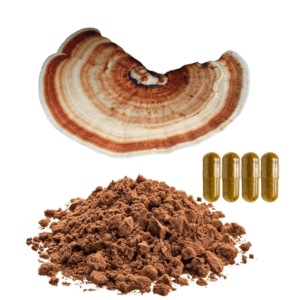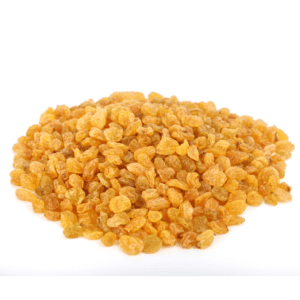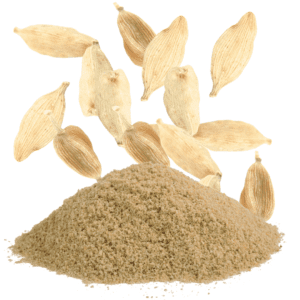Flax Seeds:
Description: Flax seeds, also known as linseeds, come from the flax plant (Linum usitatissimum) and have been cultivated for centuries for their nutritional and health benefits. These small, brown or golden seeds are a rich source of essential nutrients and are versatile in culinary applications.
Nutritional Breakdown: Flax seeds boast a nutrient profile that contributes to their potential health benefits:
- Omega-3 Fatty Acids:
- Flax seeds are a significant plant-based source of alpha-linolenic acid (ALA), an omega-3 fatty acid important for heart health.
- Fiber:
- Rich in soluble and insoluble fiber, flax seeds support digestive health, regulate bowel movements, and help manage cholesterol levels.
- Proteins:
- Flax seeds contain proteins with essential amino acids, contributing to overall protein intake.
- Minerals:
- Flax seeds provide minerals such as magnesium, manganese, phosphorus, and copper, supporting various bodily functions.
- Vitamins:
- While not a high source of vitamins, flax seeds contain small amounts of B vitamins like thiamine and folate.
Health Benefits:
- Heart Health:
- Omega-3 fatty acids in flax seeds may help lower cholesterol levels, reduce blood pressure, and support overall cardiovascular health.
- Digestive Health:
- The fiber content aids digestion, promotes a feeling of fullness, and helps prevent constipation.
- Anti-Inflammatory Properties:
- Flax seeds contain compounds with potential anti-inflammatory effects, which may benefit conditions related to inflammation.
- Weight Management:
- The combination of fiber, healthy fats, and proteins in flax seeds can contribute to a sense of satiety, supporting weight management.
How to Use:
- Ground Flax Seeds:
- Grinding flax seeds enhances nutrient absorption. Add ground flax seeds to smoothies, yogurt, or oatmeal.
- Flaxseed Oil:
- Flaxseed oil is a concentrated source of omega-3 fatty acids. Use it as a salad dressing or drizzle it over cooked vegetables.
- Baking:
- Incorporate ground flax seeds into baked goods like muffins, pancakes, or bread for added nutrition.
- Flaxseed Meal:
- Use flaxseed meal as an egg substitute in recipes. Mix one tablespoon of flaxseed meal with three tablespoons of water to replace one egg.
- Sprinkling:
- Sprinkle whole or ground flax seeds on salads, cereals, or soups for a crunchy texture.
Caution:
- Storage:
- Store flax seeds in an airtight container in the refrigerator to prevent them from becoming rancid due to their high oil content.
- Hydration:
- Drink plenty of water when consuming flax seeds, as the high fiber content may require additional hydration.
- Moderation:
- While flax seeds offer numerous health benefits, consume them in moderation to avoid potential side effects.
Note: Consult with a healthcare professional, especially for individuals with specific health conditions or concerns, before incorporating significant amounts of flax seeds into the diet.

